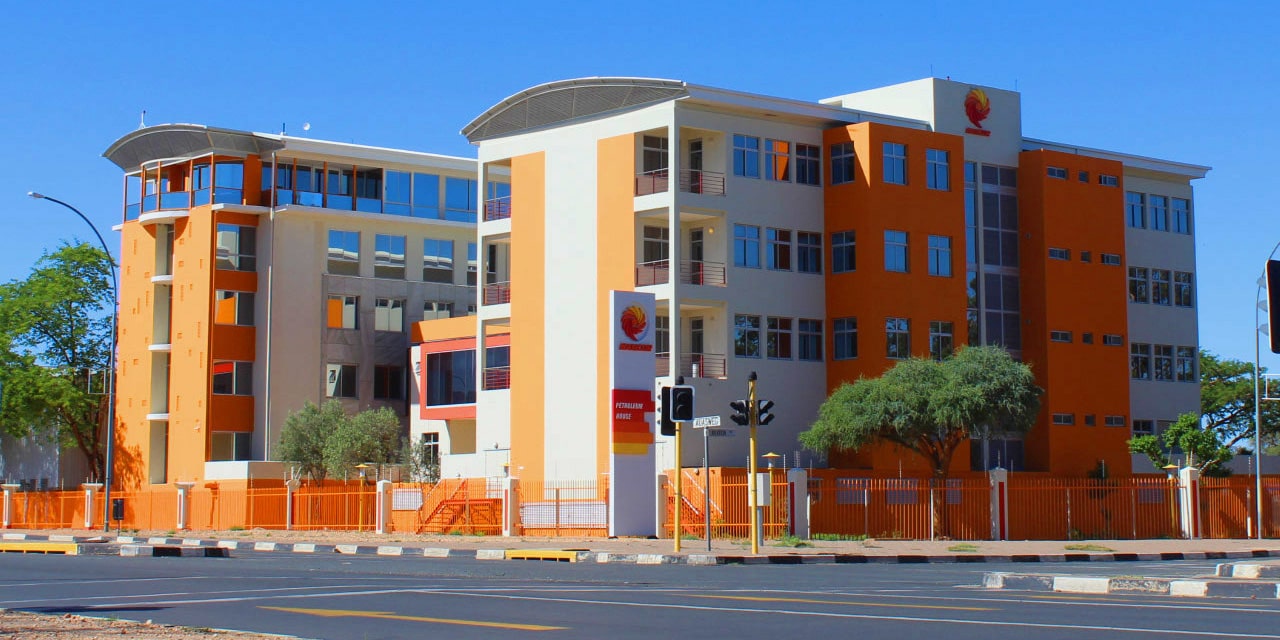Niël Terblanché and Martin Endjala
Residents of the Zambezi region are calling for the reinstatement of the original boundary between the Zambezi and Kavango East regions.
Zambezi residents made the demand during the first public meeting with the Boundaries Delimitation and Demarcation Commission, held in Katima Mulilo on Monday.
Speaking on behalf of the youth, Simasiku Sikwibele claimed that the Caprivi and Kavango have suffered disrespect.
He acknowledged the fact that there are mineral deposits, tourism attraction facilities, and potential within the Bwabwata National Park, which he says does not benefit the people of the Zambezi region.
“We are continually tagged with the secession of the Zambezi political necklace, which we condemn and reject. We are aware of this fact, which makes us political victims. No matter how we supported the liberation struggle and still voted for Swapo, we remain tagged with this necklace. But we demand that such blatant discrimination be done away with and that we be treated as equal citizens of Namibia,” argued Sikwibele.
The young people also emphasized that the secessionist movement has received widespread condemnation and does not represent the views of the majority of people in the region.
Sikwibele proposed adding a new constituency that would extend from the Kwando River in Kongola to Mukuve in the Mukwe Constituency, reinstating the historical boundary lines from before and after Namibia’s independence.
“Given the historical facts and evidence that the internal boundary of the then Caprivi and Kavango was demarcated and situated at Mukuvi, we demand that the boundary between these two regions, as done by the previous Delimitation Commission, be discarded and replaced with the original historical boundary. As recognised by the first Delimitation Commission, which placed Mukwe Constituency as part of the then-Caprivi Region, this should be adopted. This will align with the existing internal boundary between the two regions”,” he said.
He suggested creating a new constituency for the Kwe San community, which lives in Bwabwata National Park, to allow them to manage their economic and social development activities.
“The Constitution prohibits discrimination against people by any means. Why are the Khwe people being discriminated against? The new Bwabwata Constituency has to be part and parcel of the Zambezi since this has been and continues to be so,” argued Sikwibele.
The youth further demand changes in the names of Katima Urban and Katima Rural to either Salambala/Sibulamunda or Yambezi/Kalengwe.
Sikwibele demanded that the Delimitation Commission endorse, accept, and act upon their demands.
He claims that people have taken the Zambezi region for granted, indirectly discriminated against it by using the political secession necklace, and denied the region’s residents the economic benefits they deserve.
Some community members also advocated for retaining the name “Caprivi,” arguing that the name change to “Zambezi” has facilitated external claims on parts of the former Caprivi region.
Residents of Kongola requested that their constituency be divided into two due to population growth.
The current Boundaries Delimitation and Demarcation Commission, appointed by President Nangolo Mbumba, has been tasked with a comprehensive assessment of Namibia’s regional boundaries ahead of the upcoming elections.
Acting judge Petrus Unengu chairs the commission, which consists of experts in law, governance, history, and education.
President Mbumba has given the commission a three-month deadline to produce a report that will assist the Electoral Commission of Namibia (ECN) in accurately registering eligible voters.
This report is expected to offer valuable insights into Namibia’s changing demographics, predominantly influenced by a youthful population, and will guide the government in formulating responsive policy measures.
During the previous delimitation exercise in 2013, significant changes included the division of the Kavango region into the Kavango East and Kavango West regions, as well as the renaming of the Caprivi region to Zambezi.
The goal of these changes was to enhance administrative efficiency and representation.
As the commission continues its work, the latest demands and concerns of Zambezi residents stress the importance of inclusive and transparent boundary delimitation processes.




